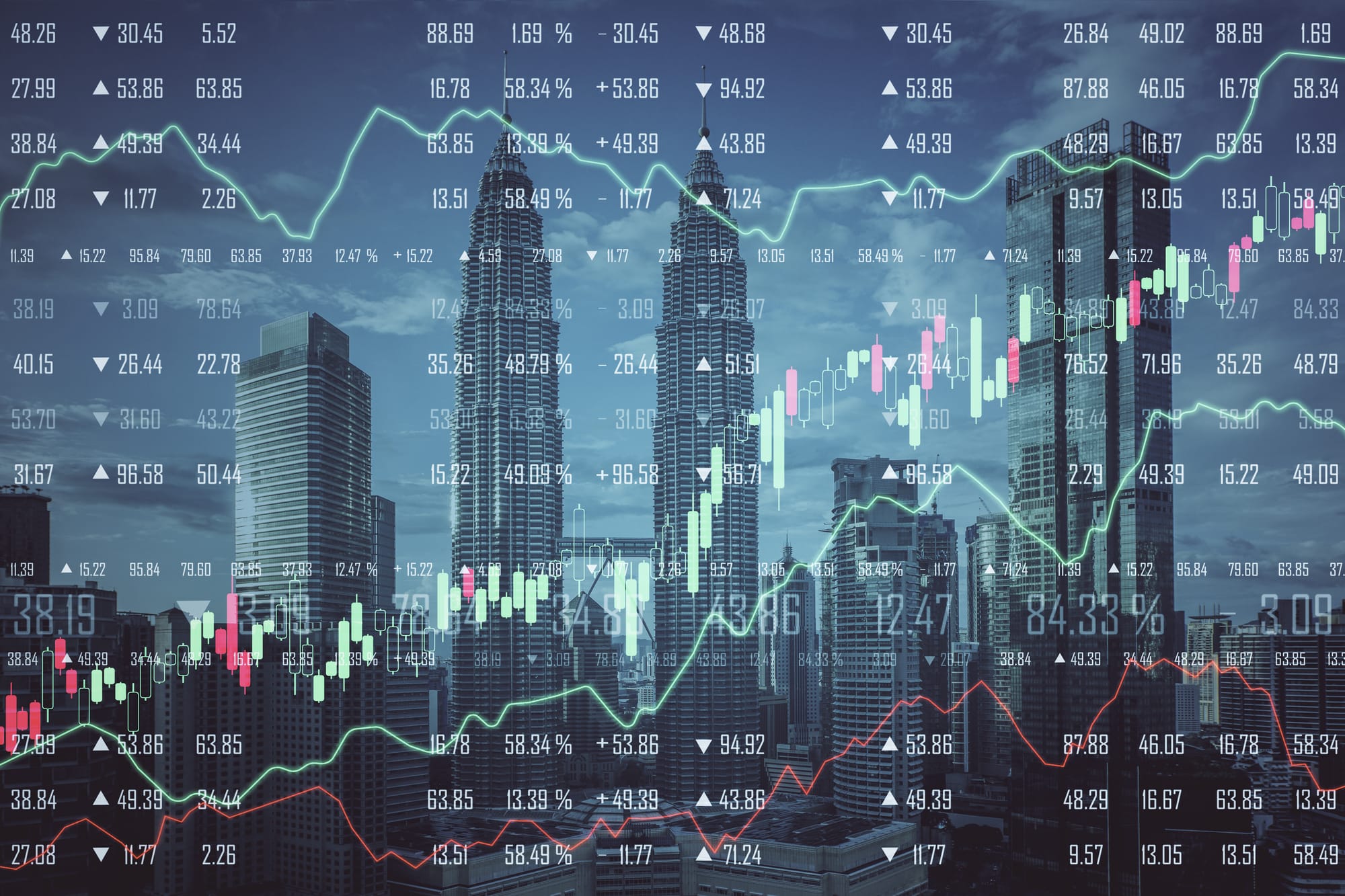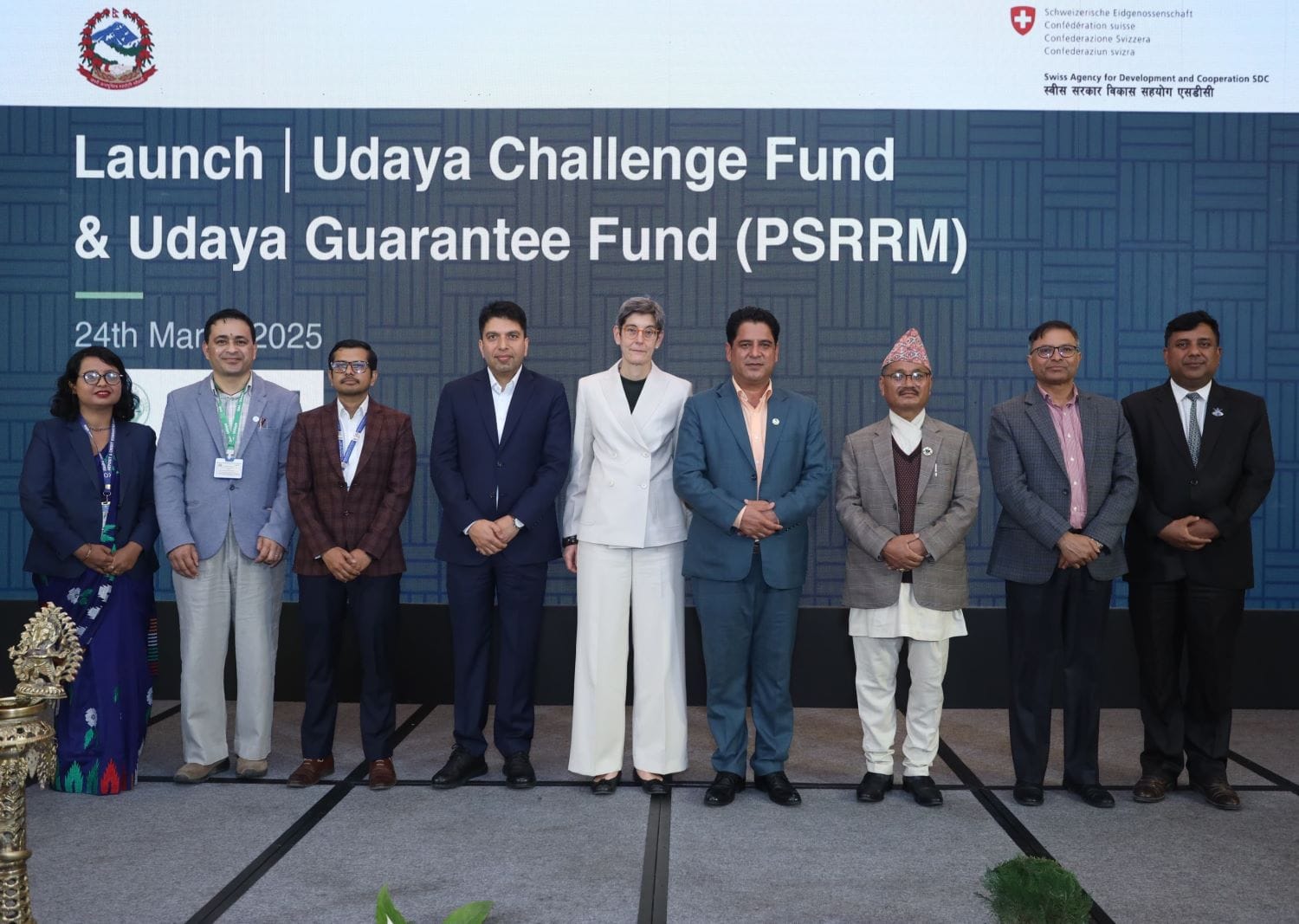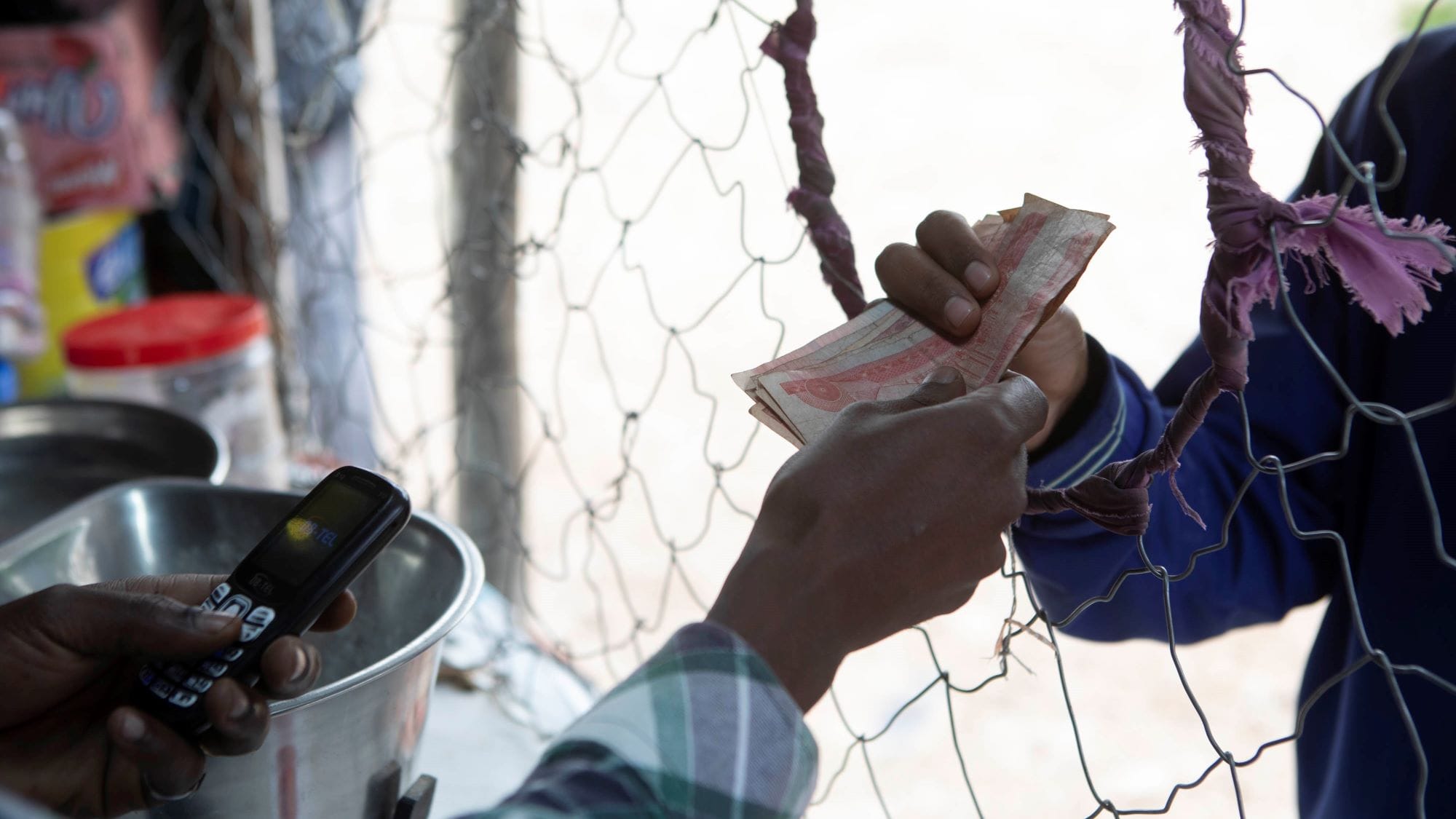There is no doubting the growth in popularity of mobile banking. According to Juniper Research, the market for mobile payments is expected to reach more than $600 billon (£393 billion) globally this year–double the figure of February 2011. And many development organisations are riding that telecom wave to reach people who don't have access to financial institutions.
But that doesn't mean mobile banking is without its challenges. DAI's mobile banking and inclusive economic growth specialist Brigit Helms has worked for 25 years with various institutions, including McKinsey & Co. and the International Finance Corporation, on financial inclusion and enterprise and market-based approaches to alleviating to poverty. She currently works in Mozambique for the US Agency for International Development (USAID) on a DAI-led project aimed at speeding up the modernisation of Mozambique's economic, legal, and governance systems.
We recently asked Brigit to discuss some of the barriers in delivering mobile banking solutions to the "unbanked" and the benefits.
What is the fundamental advantage of being 'banked' at all?
Unbanked people already use financial services – lots of them, in fact. However, these financial services are all informal: moneylenders, informal savings groups, savings in the form of animals or jewelry, supplier credit, etc. When a factory worker needs to send money to his or her relatives in a remote village, often the only option is to put the money on a bus and hope it arrives. These options are convenient, but also fundamentally insecure, unpredictable, and often costly.
Low-income people are particularly vulnerable to shocks, like a death of an income-earner or a hurricane that wipes out crops. In many ways, they need financial services even more than higher-income people - that's why they already use those informal services. Access to more formal financial services enables people to take control of their financial lives and benefit from more predictable, stable, secure and relatively low-cost services. By being "banked" people can better plan for the future, save to send their children to school, invest in their businesses, and protect themselves against unexpected crises.

And what is the added value of mobile banking?
The main reason why banks do not serve the majority of people in developing countries is because it simply costs too much. Low-income people transact in very small amounts and often live and work in remote or hard-to-reach places. The transactions costs are simply too high for banks to set up branches or even ATM machines in many locales. The mobile value-add is in reducing these costs dramatically. With more than 4 billion mobile phones on the planet-most of them in developing countries-nearly everyone has the potential to transact. This is very powerful. Even illiterate people are often numerate and already understand how to use the phone for this purpose.
If end users come from a country where institutions such as banks have not been historically trustworthy, how do you create a level of trust that convinces them to try mobile banking?
This is a good question. It's difficult to create trust. It takes a concerted effort on the part of the mobile money provider. In some countries, the mobile operators enjoy a higher level of trust than banks, and when mobile operators drive mobile money, that trust might help.
However, the most important tool for building trust is to invest in extensive client education. For instance, Safaricom, the operator that runs M-PESA in Kenya, spent an enormous amount of time and energy educating customers about how to use the mobile money system.

In a McKinsey report you co-authored, you said one of the keys to success in mobile banking was for the financial institution to closely manage its relationships with its network agents. Why is that? Exactly how closely? How sustainable is that for the institution?
Mobile money works because it enables the service provider to get very close to customers. They do this through agents. Agents can be neighbourhood shops, petrol stations, even lottery ticket sellers. These agents are the "face" of the business and determine customers' trust and willingness to transact over the mobile platform.
For the business model to work, agents need to see the benefit of buying and selling electronic money. This means that the provider cannot build out the agent network too fast or too slowly. For instance, if the agent network grows too quickly, you have hundreds or even thousands of agents out there with no customers transacting. This means that there is no incentive for the agent to make sure (s)he has enough electronic money to sell (cash-in), or cash with which to buy back electronic money (cash-out).
When eventually a customer comes and wants to either cash-in or cash-out, the agent is not prepared, has forgotten his training, and ultimately the system loses credibility. This has happened in several countries, for instance in West Africa. On the other hand, if there are not sufficient agents, customers will not buy electronic money and use it because they don't see the benefit-no agents in sight!
It is costly to build and manage the agent network, but these costs are worth incurring in order to get to scale and they will eventually pay off-as some of the more successful mobile money experiments are showing.
Recent reports show that mobile penetration in Africa is much lower than previously thought, with urban populations owning multiple SIM cards and rural populations still unable to connect, likely leaving those same populations without access to mobile banking. How can the development community incentivise African telecoms to invest in rural expansion?
Incentivising African telecoms to invest in rural expansion is a key problem. I live in Mozambique where this phenomenon is definitely present. There is a new instrument increasingly used to engage with the private sector in development called "pull mechanisms." Pull mechanisms are ex-post subsidies that offer prizes to companies after they have achieved certain results. The Haiti Mobile Money Initiative, a partnership between the Gates Foundation and USAID, is a great example. The initiative will award a total of $4 million to the first and second operators to launch mobile money services in Haiti, and a further $6 million will be distributed to participating mobile operators once 5 million mobile money transactions have happened. Perhaps something like this could spur more operators and banks into action. Another option is the challenge fund concept. The Africa Enterprise Challenge Fund is an example of a programme that spurs innovation by the private sector.
Some critics say poor people will often skip buying food to buy mobile minutes. Does our support of mobile banking contribute to that behaviour?
In my experience across Africa, Asia, and Latin America, I have seen firsthand the spread of mobile phones as incredibly empowering. Mobile phones have made most people's lives so much easier, enabling them access to information and opportunities they need in real time. I've seen it literally save lives, for instance, when someone is sick, cutting the time in half or more to alert an ambulance and get that person to a hospital. As with many technology advances, I'm sure there can be abuses or misbehaviour. But I believe poor people are poor, not stupid, and we need to trust that when people buy phones and use them to make their lives easier, they know much better what's best for them than we do.





